
Manager Threatens To Call The Cops On IT Guy After Replacing Him With Her Nephew Backfires
There’s a million ways for bosses to be aggravating and nepotism is usually one of them. That’s because hiring a loved one to do a job they’re not right for typically affects more than just them.
Take this redditor, for instance; when the new boss hired her 21-year-old “IT expert” nephew, the OP knew his days were numbered. And while he was eventually let go from the company, at least he didn’t leave without a taste of sweet revenge.
Seeking to learn more about nepotism and how it can affect the people in the company, Bored Panda got in touch with Professor of Leadership and Organizational Psychology at Claremont McKenna College in Claremont, California, Ronald Riggio, Ph.D., who was kind enough to answer a few of our questions. Scroll down to find his thoughts in the text below.
Nepotism in the workplace can have numerous detrimental effects
Image credits: sedrik2007 / envanto (not the actual photo)
This redditor lost his job after his new boss hired her “IT expert” nephew with no actual knowledge of IT
Image credits: Scott Graham / unsplash (not the actual photo)
Image credits: Karolina Grabowska / pexels (not the actual photo)
Image source: red23011
Nepotism can lead to businesses losing valuable employees
While people’s views on nepotism—individuals in a position of power showing preferential treatment to those of their kin, especially by providing them with employment opportunities—differ, at its core it is a type of favoritism, which rarely benefits a workplace.
“In many family-owned businesses, employees may feel that the hiring of relatives, and perhaps disparate treatment of them, is ‘normal’; in those instances, there may be less discontent,” Dr. Ronald Riggio told Bored Panda in a recent interview. “But there are also instances where non-relative employees in a family-owned business realize that only family members are going to get advanced to top-level positions in the company, leading to the loss of otherwise valuable employees.”
According to Prof. Riggio, the main disadvantage of nepotism is perceptions of favoritism and unfairness. However, he believes organizations can exist with nepotism, if they adhere to policies of fairness: if only the most qualified candidates, regardless of whether they are related or not, are hired; if promotions and raises or perks also need to be fairly administered; if it is clear that employed relatives are obviously competent. Dr. Riggio believes that would help reduce much of the sense of unfairness and favoritism associated with nepotism.
The expert told Bored Panda that nepotism is usually the most common in family-owned businesses, but hiring of relatives or spouses can be encouraged elsewhere, too. “The upside is what we have called ‘fast trust’—there is usually a bond among family members and they are likely to be seen as more trustworthy, more dedicated, and loyal.
“Of course, family life conflict can spill over into work conflict, and vice versa,” Prof. Riggio added, pointing out that in some companies, hiring those of your kin is explicitly banned, or strongly discouraged.
Favoritism in the workplace can have numerous detrimental effects
Image credits: Proxyclick Visitor Management System / unsplash (not the actual photo)
In a piece for Forbes, the CEO of Ascension Group International, Duane Tursi, emphasized that preferential treatment at a workplace affects more than just the superior and their favored employee. According to the expert, the ripple effect such a dynamic creates can disrupt team harmony, as well as lower employee morale and productivity.
“Leaders who allow favoritism to dictate decisions instead of merit and performance may unintentionally seed an organizational culture of division and skepticism,” Tursi wrote. “Over time, such a culture not only pushes talent away but also erodes the foundational values and vision that an organization stands for.”
Research on workplace favoritism and workforce sustainability seconded the idea that playing favorites can have numerous detrimental effects. It found that the perception of the presence of both favoritism and nepotism can result in employees lacking a sense of belongingness or identification with the organization. That leads to a negative workplace environment, which can hamper employee morale and satisfaction and defeat the sustainability goals of said workplace.
Quite a few people end up working for the same company their parent does
Image credits: Mizuno K / pexels (not the actual photo)
Matthew Staiger, a scientist at Opportunity Insights, Harvard’s economic mobility research and policy institute, found that nepotism has a rather significant impact on the job market. After researching the link between the two, he learned that nearly one-third of Americans will work at the same firm as a parent before reaching the age of 30. In those jobs, such workers tend to earn almost 20% more than they would otherwise.
According to Staiger, people are 200 times more likely to work at their parent’s place of employment compared to similar companies in the same geographic area, Harvard Magazine reports. Such a tendency is believed to be linked to the use of social connections.
Staiger is far from the only one who believes that nepotism is a somewhat well-rooted phenomenon, though; quite a large part of the general population seemingly does, too. A poll by YouGov found that out of 10 fields of work, politics seems to be the best environment for nepotism to thrive, as more than half of respondents believe that it’s a very common phenomenon in the field. Politics is followed by the fields of business and acting, media, music, and finance respectively. Judging by the OP’s story, the IT sector doesn’t seem to be immune to it, either.
Fellow netizens commented on the situation, some applauded the OP’s revenge story
Some redditors shared similar stories
Poll Question
Thanks! Check out the results:
No one even notices nepotism if the relative is personable and competent. But when they're not, they can bring the whole company to grief.
It's noticed when the relative is promoted over someone more experienced and even more competent. It's noticed during layoffs too.
Load More Replies...Nepotism in the workplace ruins companies. I've worked for a VP that was brought in with much noise .... he was supposed to be very good if not the best. That shi t head never made a decision that would not involve one of his friends or connections. If I see that, i'm not waiting, i'm gone!
Too much nepotism in the workplace sadly. I moved around from contract to contract and saw it all the time. And they defraud the company (and their colleagues) by taking time off or not doing the required work while the rest of us have to pick up their slack.
No one even notices nepotism if the relative is personable and competent. But when they're not, they can bring the whole company to grief.
It's noticed when the relative is promoted over someone more experienced and even more competent. It's noticed during layoffs too.
Load More Replies...Nepotism in the workplace ruins companies. I've worked for a VP that was brought in with much noise .... he was supposed to be very good if not the best. That shi t head never made a decision that would not involve one of his friends or connections. If I see that, i'm not waiting, i'm gone!
Too much nepotism in the workplace sadly. I moved around from contract to contract and saw it all the time. And they defraud the company (and their colleagues) by taking time off or not doing the required work while the rest of us have to pick up their slack.

 Dark Mode
Dark Mode 

 No fees, cancel anytime
No fees, cancel anytime 







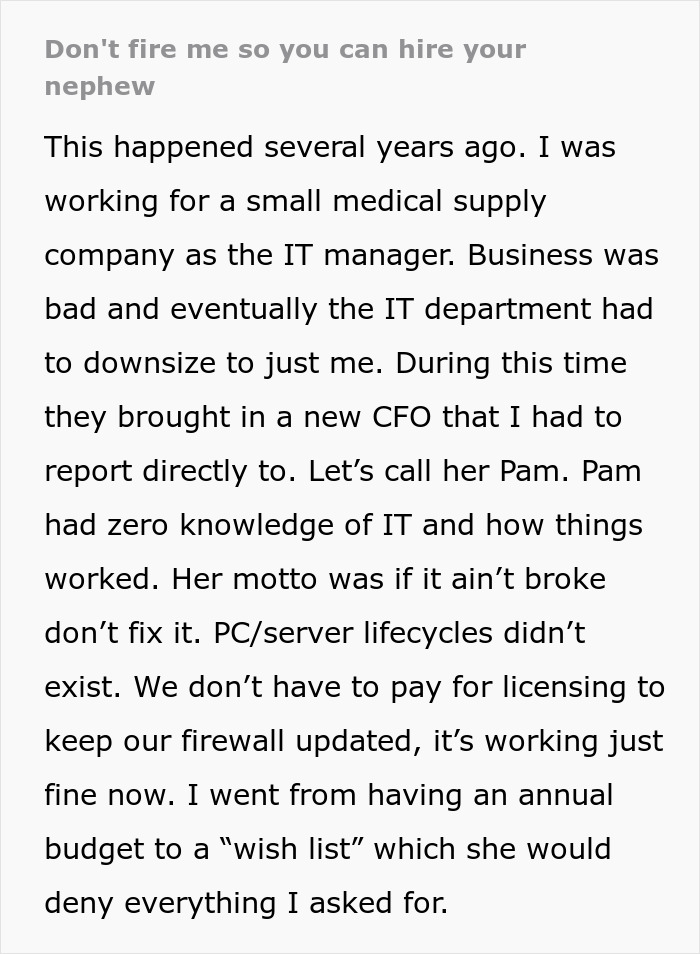
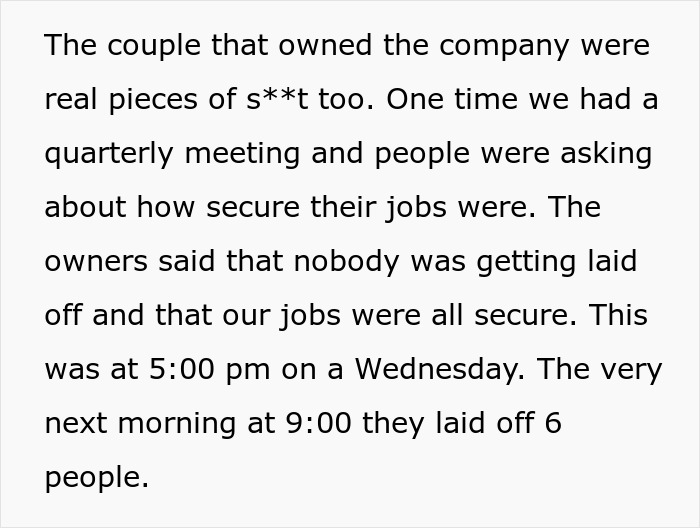
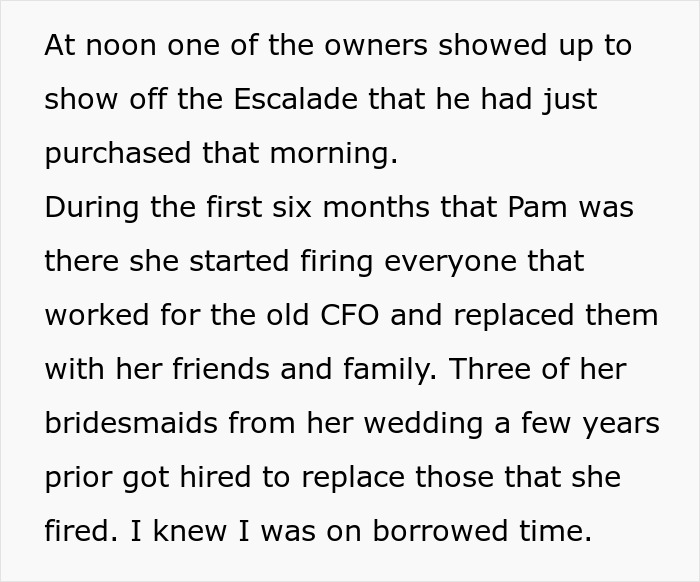
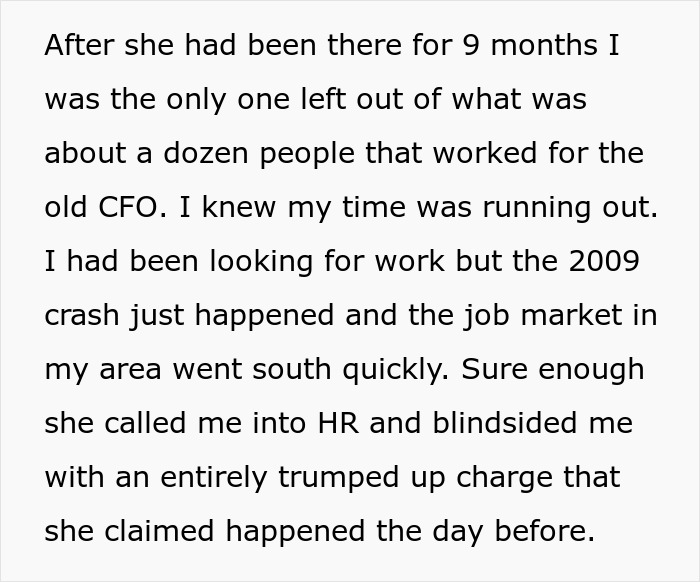

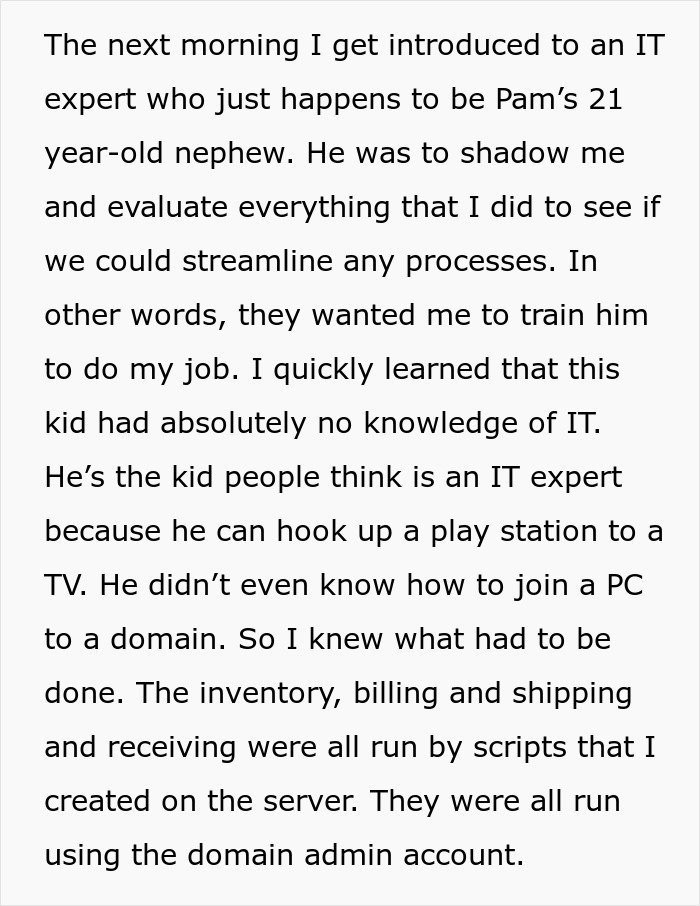

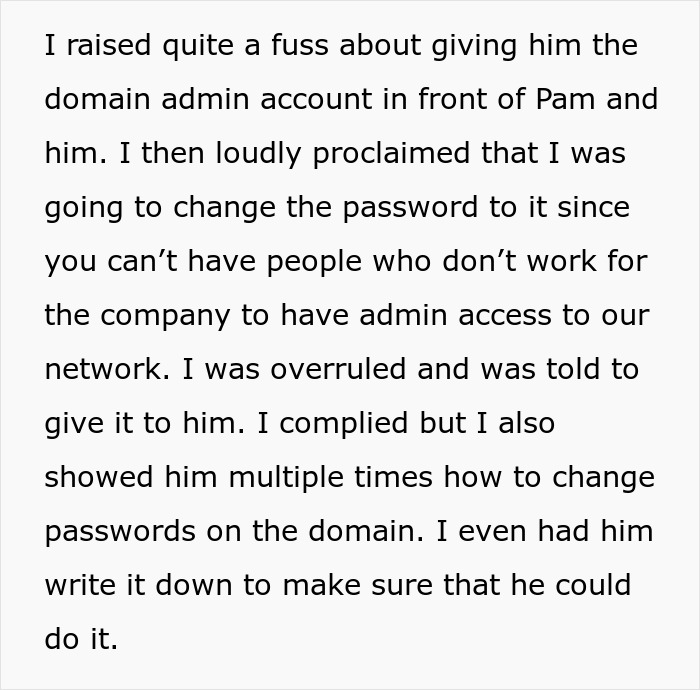
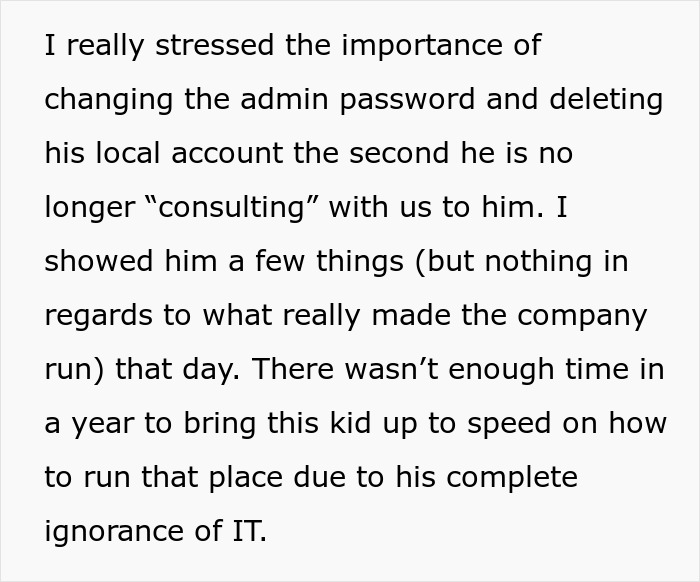



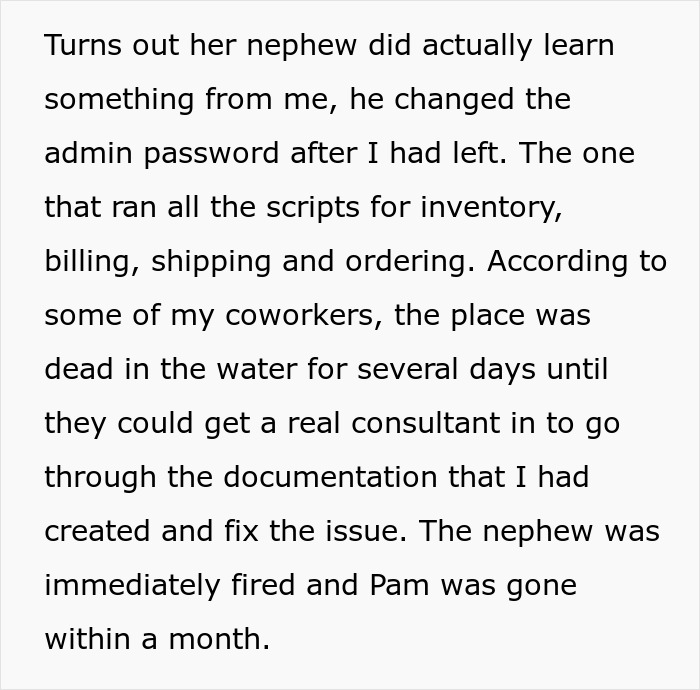

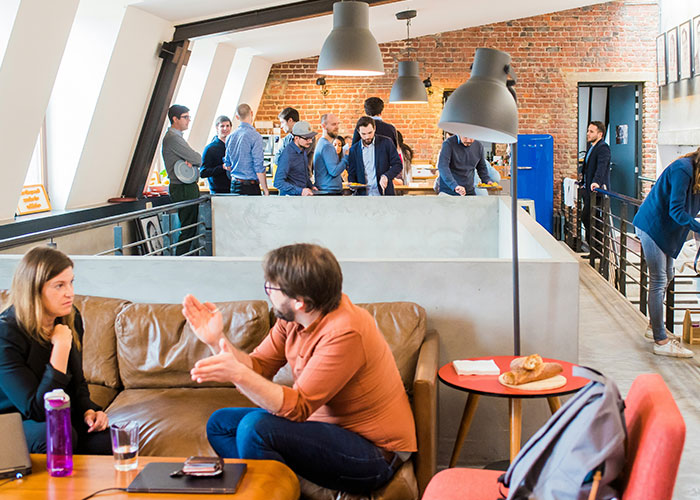

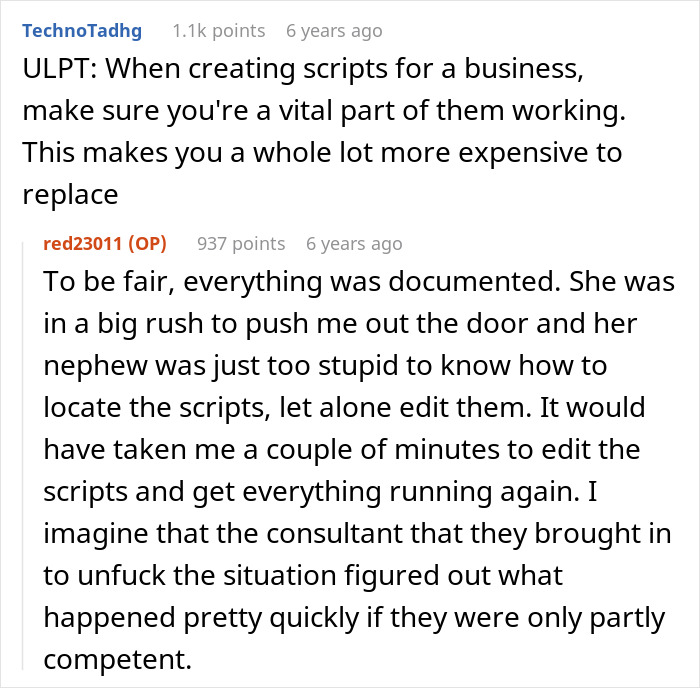
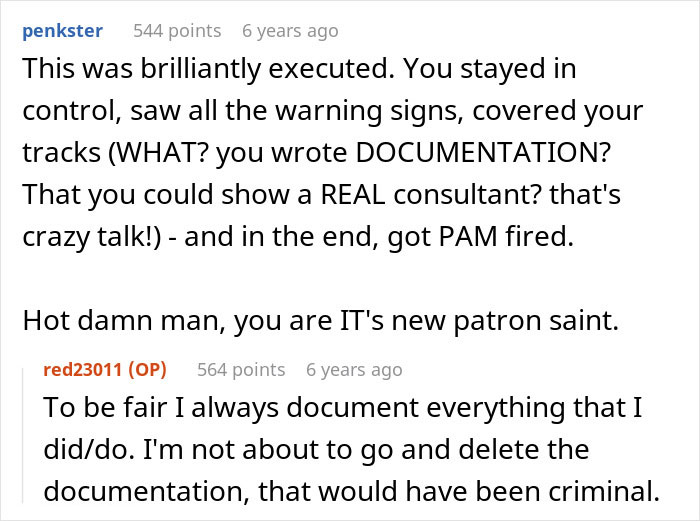
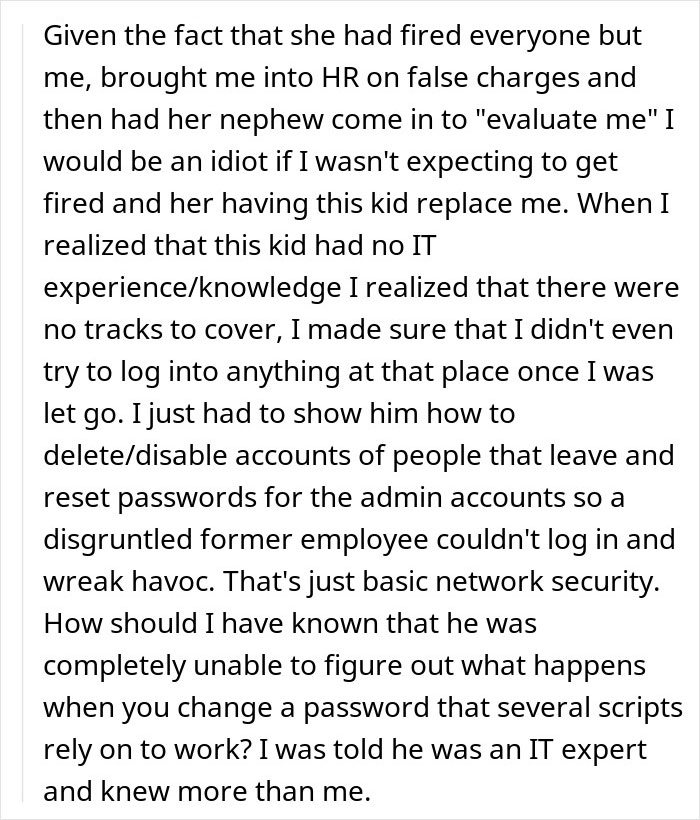
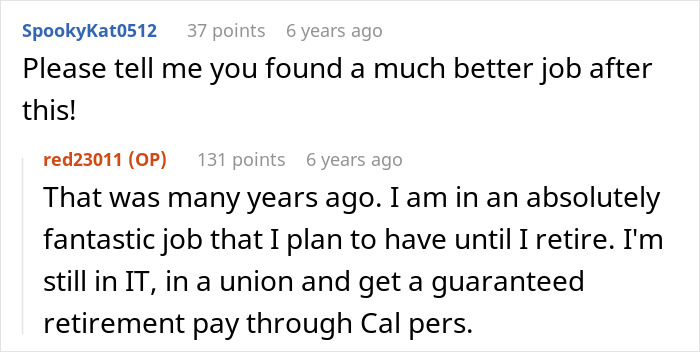

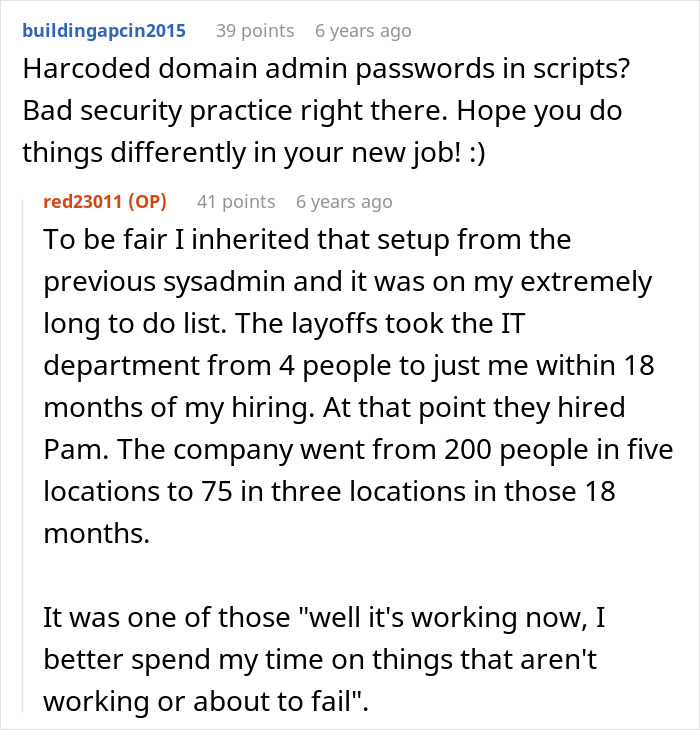
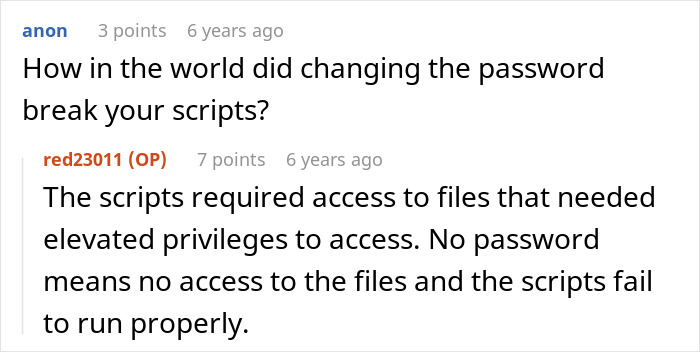
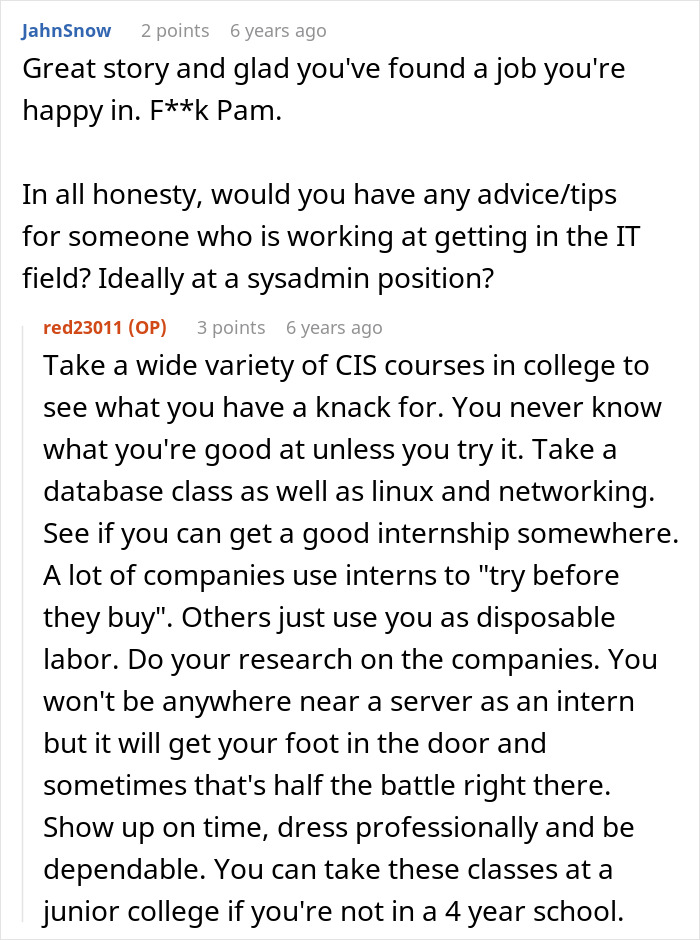





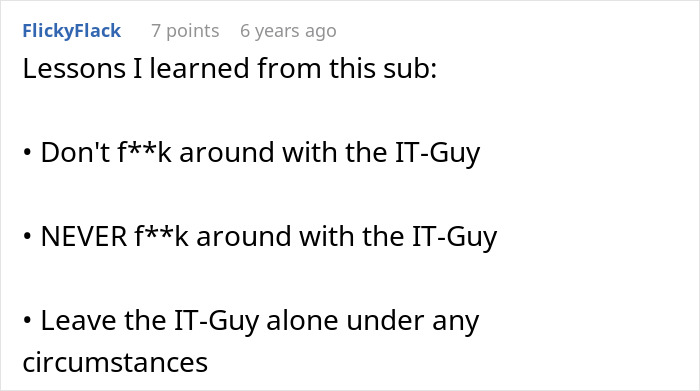


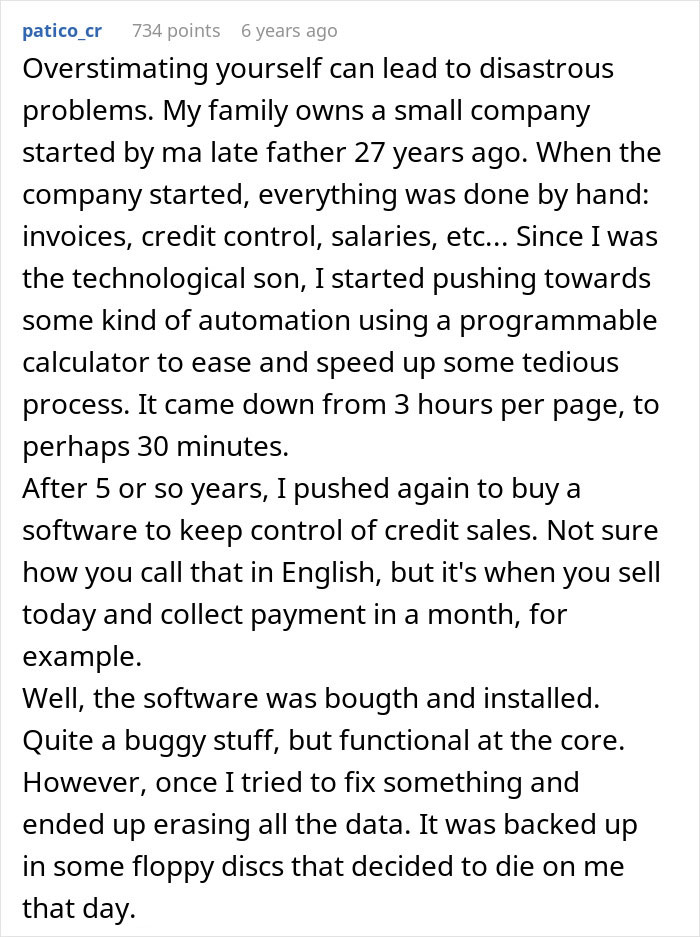
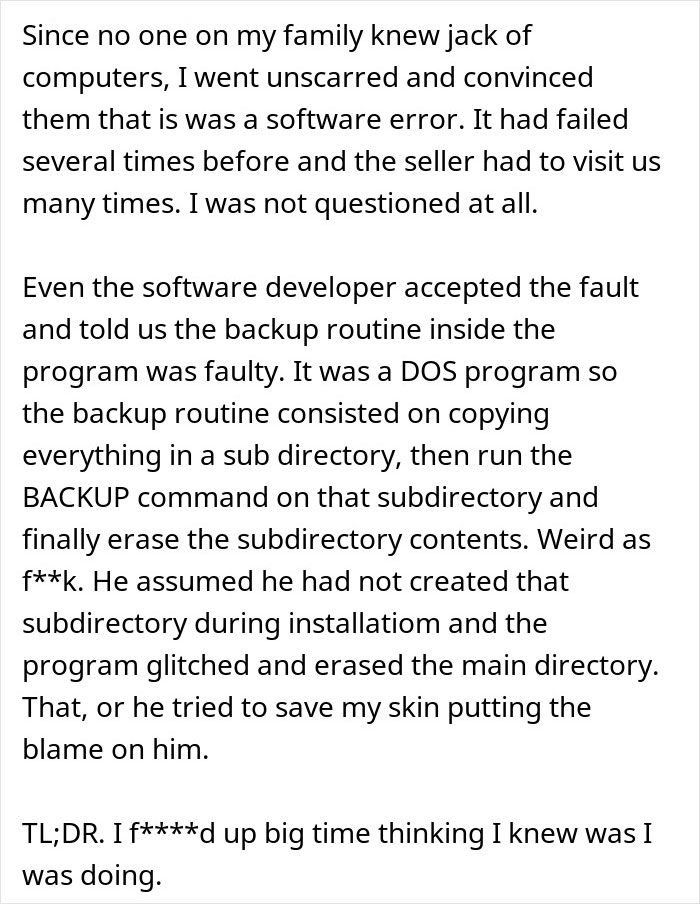
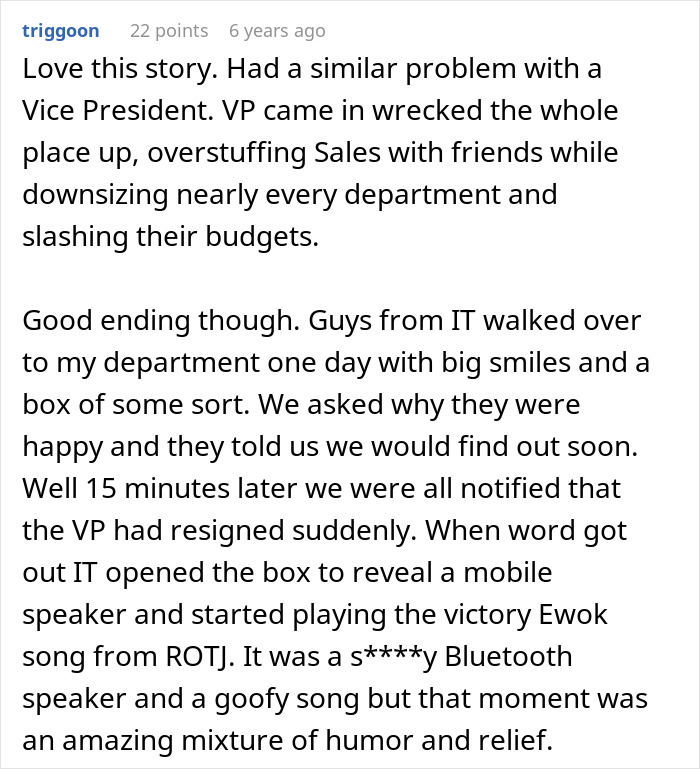












































47
8